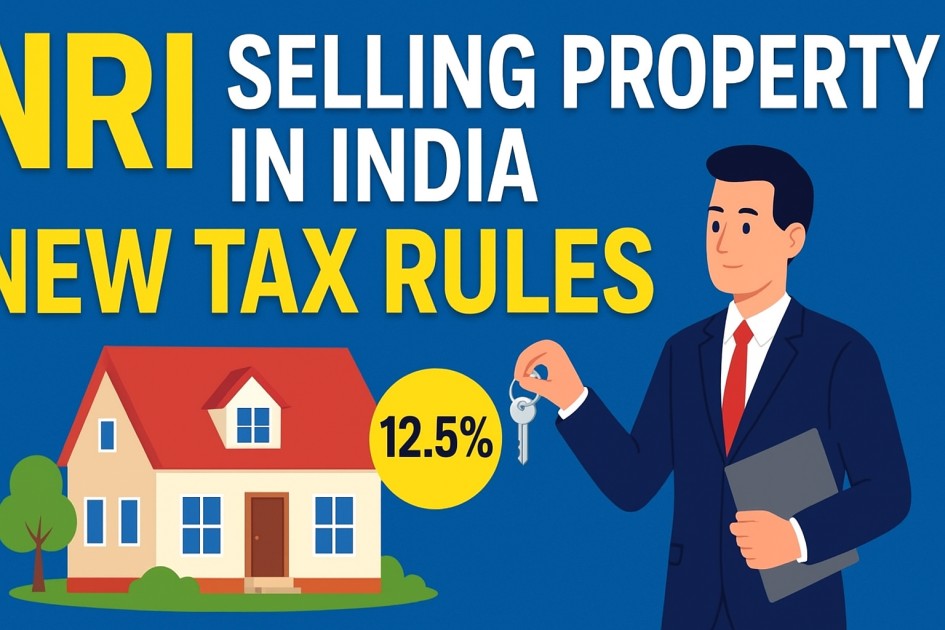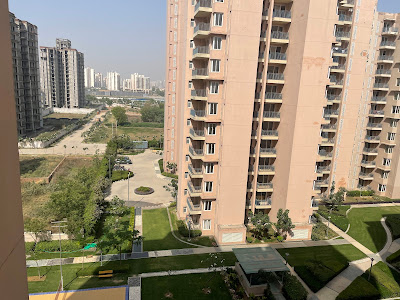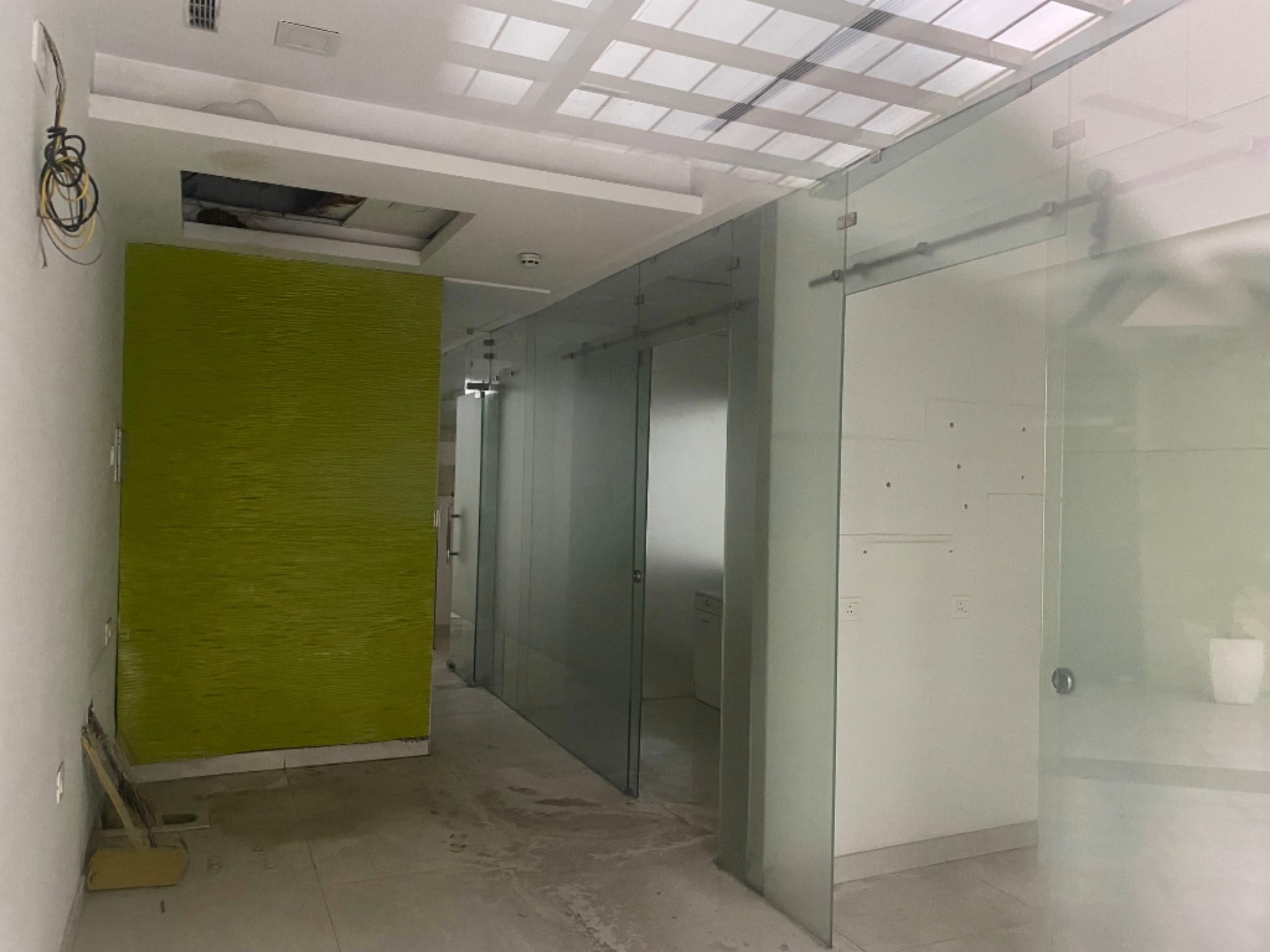Haryana’s Retirement Housing Policy 2025 - Rules You Can’t Ignore
Gurugram X | Updated on August 8, 2025
The real estate market in Haryana has traditionally been dominated by high-rise apartments, integrated townships, and commercial hubs. With an aging population, a new segment is drawing attention retirement housing
Earlier this year, the Haryana government introduced the Retirement Housing Policy, creating a clear framework for senior citizen living. It applies to projects on 0.5–10 acres in residential zones and specifies that allottees must be 55 years or older, with exceptions for joint ownership with a senior spouse or inheritance cases. Projects must be registered with HRERA before launch, and developers are required to sign a tripartite agreement with the buyer and a service provider to ensure delivery of ongoing care and amenities.
This is not simply about smaller flats marketed as “senior-friendly.” The policy mandates on-site first-aid facilities, physiotherapy rooms, and tie-ups with hospitals, as well as 24×7 ambulance availability, trained staff, and power backup. Design standards require ramps, non-slip flooring, and wheelchair-friendly layouts, along with community spaces such as dining halls, recreation areas, and landscaped walking paths.
For developers, the model offers notable advantages:
Higher Floor Area Ratio (FAR) of up to 225.
Minimum land requirement of 0.5 acres versus 5 acres for normal housing.
Potential for premium pricing and recurring service revenue.
Compliance is strict. Selling units to non-senior buyers is prohibited and can result in license suspension, fines of up to 10% of the project cost, and refund obligations. The tripartite agreement becomes invalid in such cases, and the state monitors projects through district-level committees to ensure adherence.
Attempts to bypass the rules for example, registering a unit in a senior relative’s name but allowing younger family members to occupy it, or postponing the signing of the tripartite agreement can carry significant risks. Given that complaints can be filed by residents, service providers, or even competing developers, enforcement is active and ongoing.


 +91-8595199099
+91-8595199099





